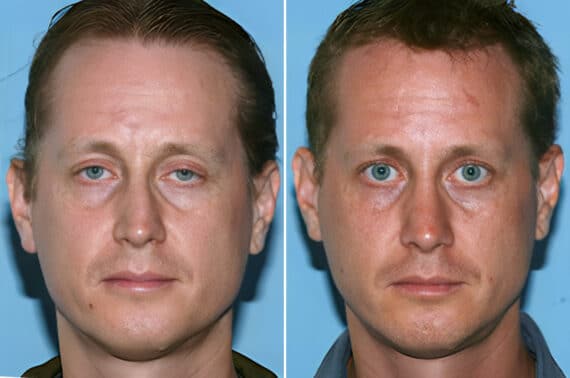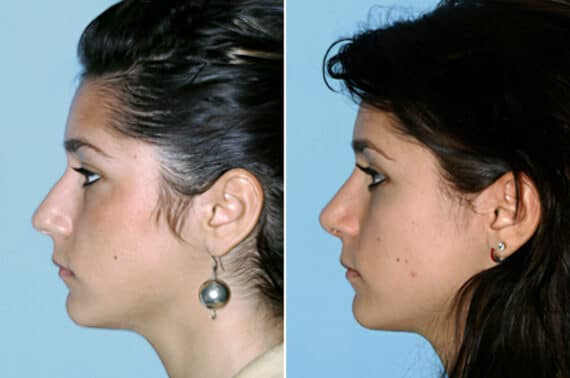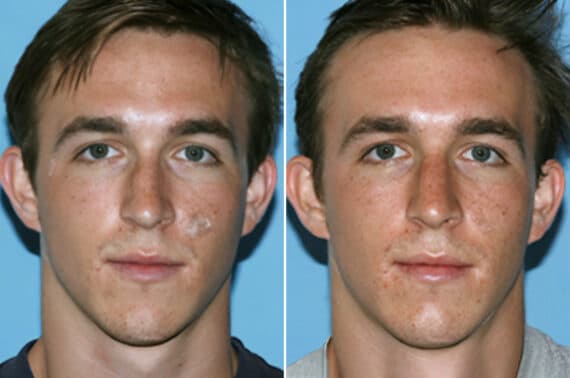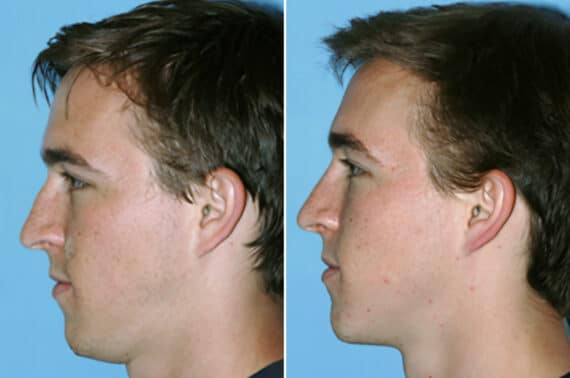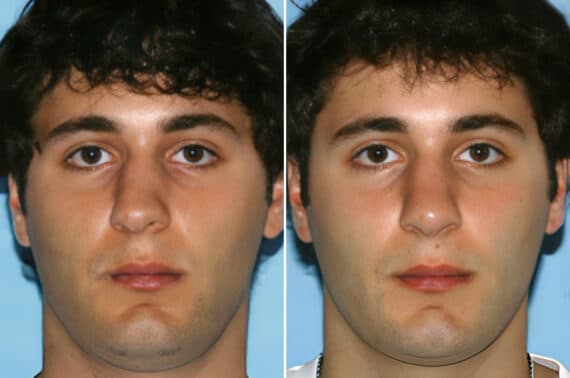If you’ve recently had rhinoplasty and are experiencing a runny or stuffy nose, don’t worry—this is completely normal. Nasal congestion is a common post-surgical symptom and is usually temporary. While it can feel uncomfortable, understanding why it happens and how to manage it can help ease your recovery process.
Swelling, mucus buildup, and temporary airway blockages contribute to congestion after rhinoplasty. These symptoms typically improve over time as the nose heals. Let’s take a closer look at why this happens and what you can do to manage it.

Why is My Nose Runny After Rhinoplasty?
A runny nose after rhinoplasty is a natural response to the healing process. Swelling inside the nose can temporarily obstruct airflow, leading to increased mucus production. Internal nasal splints or packing may also contribute to a sensation of congestion. Additionally, nasal function can be temporarily disrupted as the tissues adjust, making mucus drainage feel different than usual.
How Long Does Nasal Congestion Last After Rhinoplasty?
Congestion is usually most intense during the first few weeks after nose surgery, as swelling peaks and internal splints or packing may still be in place. Patients typically notice gradual improvement within 4–6 weeks as swelling subsides and the nasal passages clear. By the three-month mark, most congestion should be significantly reduced, with minor residual swelling resolving over time.
Several factors influence the duration of nasal drip after surgery:
- Preexisting Nasal Conditions: Patients with prior breathing issues or nasal allergies may experience a slightly longer congestion period.
- Swelling: The more extensive the procedure, the greater the swelling. It’s a very common side effect that can prolong congestion.
- Internal Splints or Packing: If used, these can temporarily block airflow and contribute to nasal secretions.
- Individual Healing Rates: Some people naturally heal faster than others, affecting how quickly congestion improves.
- Post-Surgical Care: Following aftercare instructions, such as keeping the head elevated and avoiding irritants, can help speed up recovery.
Rhinoplasty Surgery Before & After Photos
*Each patient is unique and individual results may vary.
Instructions for Relieving Congestion Symptoms After Rhinoplasty
While congestion after nasal surgery is expected, there are several ways to clear a blocked nose after rhinoplasty, ease nasal discomfort, and help your nose heal more comfortably. Following these tips can improve airflow, reduce swelling, and make the recovery process smoother.
- Sleep with Your Head Elevated: Keeping your head propped up on extra pillows while sleeping helps reduce swelling and improve nasal drainage.
- Use a Humidifier: Running a humidifier in your room can prevent dryness and keep your nasal passages moist, making breathing easier.
- Stay Hydrated: Drinking plenty of water helps thin mucus, making it easier for your nose to clear naturally.
- Use Saline Nasal Spray (if approved by your surgeon): A gentle antihistamine nasal spray can help keep your nasal passages moist and clear, but always check with your doctor before using it.
- Follow Prescribed Medications: Your surgeon may recommend antihistamines, decongestants, or pain relievers to manage symptoms and promote a more comfortable recovery.
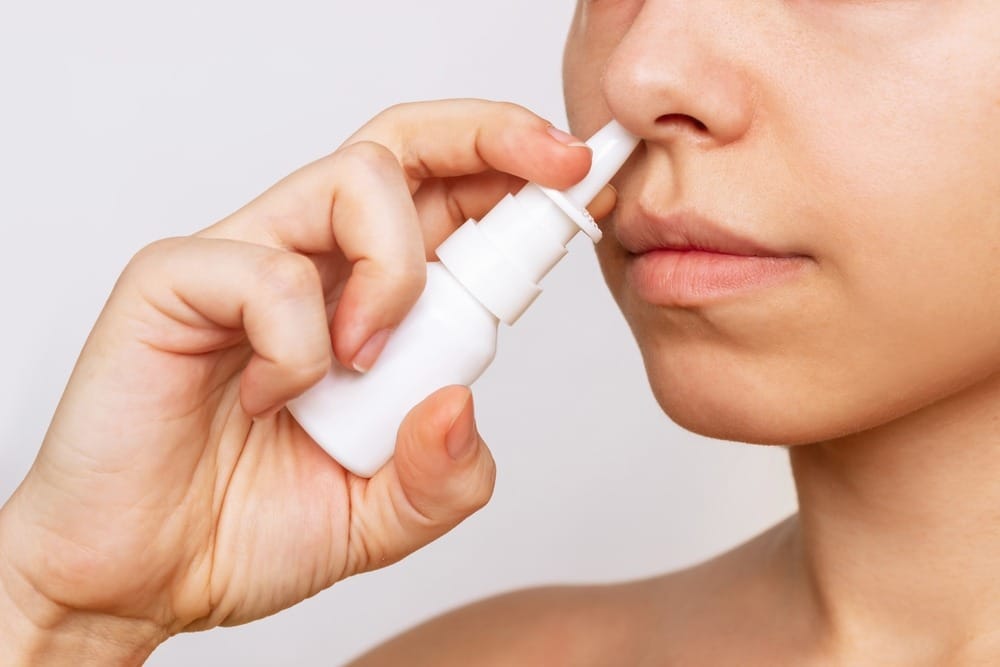

Secure Your Safe Procedure Experience with Dr. Swartout
Join our satisfied clients who’ve experienced safe, effective treatments and medical attention.
What NOT to Do After a Nose Job Treatment
To ensure a smooth recovery and avoid complications, there are certain activities and habits you should steer clear of after rhinoplasty. Avoiding these common mistakes will help reduce swelling, prevent irritation, and support a faster healing process.
- Avoid Smoking and Alcohol: Both can increase inflammation and slow down the healing process, making recovery longer and more uncomfortable.
- Skip Hot Showers and Steam: Heat can worsen swelling and increase nasal congestion, so stick to lukewarm showers instead.
- Don’t Use Q-Tips or Fingers in Your Nose: It may be tempting to clear your nose, but inserting anything inside can disrupt healing and increase the risk of infection.
- Avoid Strenuous Activities: Exercise and heavy lifting can increase blood flow to the nose, worsening swelling and potentially affecting the final results.
- Do Not Blow Your Nose: Blowing your nose too soon can put pressure on healing tissues, leading to irritation, bleeding, or complications. Instead, gently dab if necessary and let your body heal naturally.
Choosing the Right Rhinoplasty Surgeon Matters
When considering rhinoplasty, selecting an experienced specialist is crucial to achieving the best results. A skilled facial plastic surgeon not only ensures a successful procedure but also helps minimize post-operative complications, such as prolonged congestion.
Dr. Benjamin Swartout is a renowned nose specialist with extensive experience in rhinoplasty, revision rhinoplasty, and ethnic rhinoplasty. Having trained at Harvard and Albert Einstein College of Medicine, he has authored numerous publications on facial plastic surgery. In his Beverly Hills practice, he is an expert in many surgical techniques and frequently treats patients requiring corrective rhinoplasty. If you’re considering rhinoplasty, trust an expert who prioritizes both function and aesthetics. Call us at (310) 861-7891 to schedule your consultation today!

